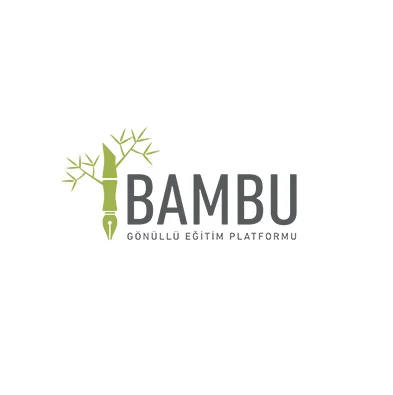So, how to give online training? Although online training has held an important place in the education sector for many years, recent global experiences have increased the interest in this field.
With the software and hardware technologies used in the education sector, online education has become even more powerful.
The trainings, which were previously given at a high cost, became accessible to all parts of the world, regardless of location. They began to be organized in a much more economical way after digitalization.
How to give online training
It may sound hard to find an easy solution when it comes to how to give online training. However, with the latest technology, it’s much easier to offer your own online training using user-friendly and easy-to-use Learning Management Systems.
Vedubox brings together everything you need for online training. With Vedubox, you can
- prepare your own professional online training in 5 steps and
- customize the training you have prepared with your own web address and logo.
Step 1: Participant and Content Analysis
Start by analyzing the topics you want to teach online. Identify and categorize your training topics and decide on the order of these topics. If you have never taught before, you can try to remember your own learning path in this area or get support from experienced trainers.
PS: Do not forget to check whether you need a certificate of competence to teach in this field.
It is very important that your training is comprehensive and truly contributing to the participant. This will give you an advantage ethically and a power to stand out from the competition. Allow yourself the time you need to conduct detailed content research on the topics you will teach.
Be sure to prepare appropriate content for participants by predetermining their characteristics such as age and educational background.
For example, to teach an online music lesson to someone who has never studied music, you’d have to start from scratch. You can set a pinpoint target audience by offering advanced yoga classes for adults who have been practicing yoga for a long time.
Step 2: Choosing a Platform
Now that you have designed the map of your trainign, it is time to find the platform where you will deliver it to your target audience. This step of how to give online education answers your question from a technical point of view. Depending on the platform you choose, the technical preparations you need to do may vary.
For example, some platforms fulfill only some of your needs, so you may need to use other complementary apps for other needs.
While choosing a platform, to provide a more impactful learning experience, pay attention to
- not freezing or slowing down when many people join the system at the same time,
- no storage problems
- being easily accessible from anywhere,
- ability to add educational content in different formats (document, video, link, embed code),
- online tests and exams,
- possibility to follow-up the participants’ improvements in the training
With Vedubox Tutor, you can have many different features in addition to these basic features. For example, the live video feature enables you to make live lessons and record these live lessons for later viewing. The same feature also allows you to work in groups, share files and take notes on documents at the same time.
Contact us for more information.
Step 3: Content Develoment
Content in education can have different purposes and formats. If you are going to give a live lesson, you can create helpful resources for the training or presentations for the live lessons.
There are many different types of educational materials you can use in online education: documents, audio, video, animation, simulation, augmented reality, virtual reality and more. Among these material types, document, audio, video and animation materials are among the most frequently used and budget-friendly ones.
You can easily use MS Office software to prepare your content in the form of pictures, texts or presentations. In addition, with Camtasia Studio, one of the most popular software, you can easily and practically prepare video, audio or interactive video content.
You can make your training content more productive with short videos that you will prepare with Camtasia Studio instead of dominating the participants with too many articles and presentations.
- Creating a character,
- animating the character,
- setting the animation background and
- placing the educational content correctly used to be very time-consuming processes.
However, the latest animation programs have freed users from such burdens. For example, with Vyond, you can choose one of the ready-to-use characters, determine the features of this character as you wish, and enhance the experience by animating it. You can create a custom animation for you by managing the content with ready-made backgrounds.
Step 4: Transfer Your Content to the System
After the content development step, which is one of the most challenging and vital parts of the job, it is time to convey the content in an environment that users can reach. There are two main features to consider at this step: the cloud base and the categorization of content.
Thanks to the cloud base, your users can access the content from any device at any time. Since your users do not need to store resources on their own devices, you have a better chance of preparing a much more practical and user-friendly training for them. This helps you to be more preferred.
You can help your users digest the content easier through categorizaton and make the the learning path simpler. A simple and easy-to-understand training plays a keyrole in online training. Therefore, present your content according to the learning order in the online learning system.
If you prefer, you can adjust the setting to enable users to reach the content in a certain order and make it obligatory to complete the first one to continue. If you will give exams, you can also add your tests and exams related to each topic.
Step 5: Registration
Once you add your content, you can register your users to the system or share the link to invite them to your course. As your online environment, content and users are ready, you can start giving your online training.
To give your online training with Vedubox Tutor, contact us.




















